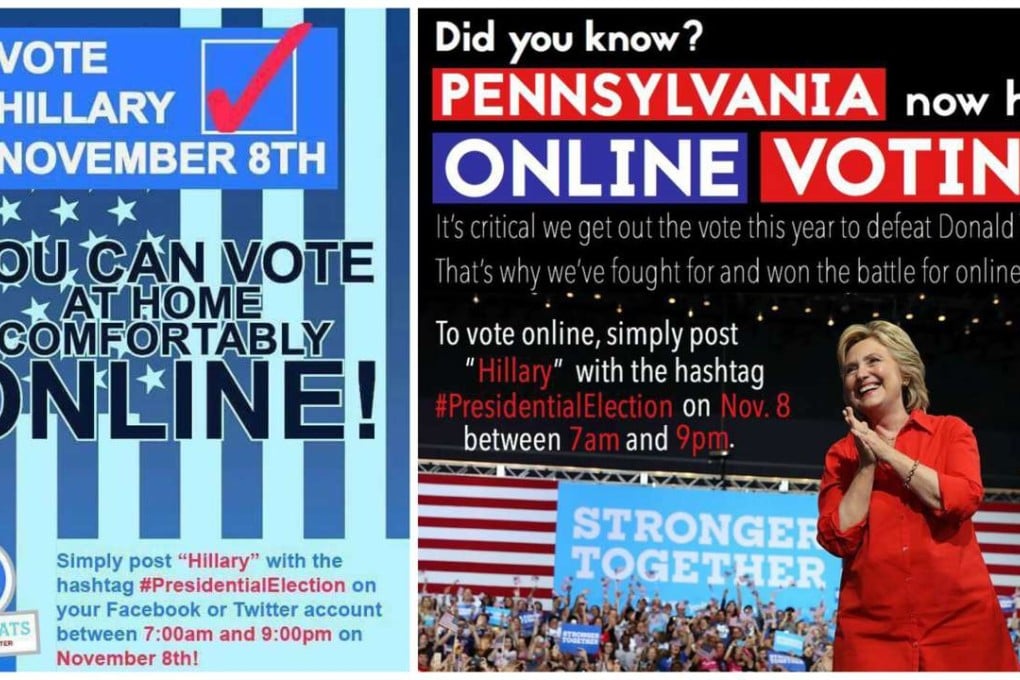Mind the Gap | Zuckerberg’s dystopian vision of the Silicon Valley echo chamber
The Facebook founder’s manifesto to address fake news doesn’t get to the root of the problem: the two Americas that are tearing at each other

Facebook is confronting the reality that it’s a media company.
Mark Zuckerberg recently released a 5,700 word globalist political manifesto that is utter nonsense - a series of political platitudes trying to be soaring rhetoric. Zuckerberg has not lived in the real world for a long time.
“History is the story of how we’ve learned to come together in even greater numbers - from tribes to cities to nations,” he wrote.
This is the world according to Facebook. The history of the world is the story of endless class struggle where wars are the only events that permanently change anything.
But, it encapsulates Zuckerberg’s limited thinking - that Facebook is a business that can change the direction of human civilization. And that is his shortcoming.
Facebook has grown beyond a dorm room project ranking the attractiveness of Harvard girls to becoming the custodian of truth and goodwill among people. He now wants Facebook to be the means to realise the dream of globally inclusive communities. But, on whose terms?
